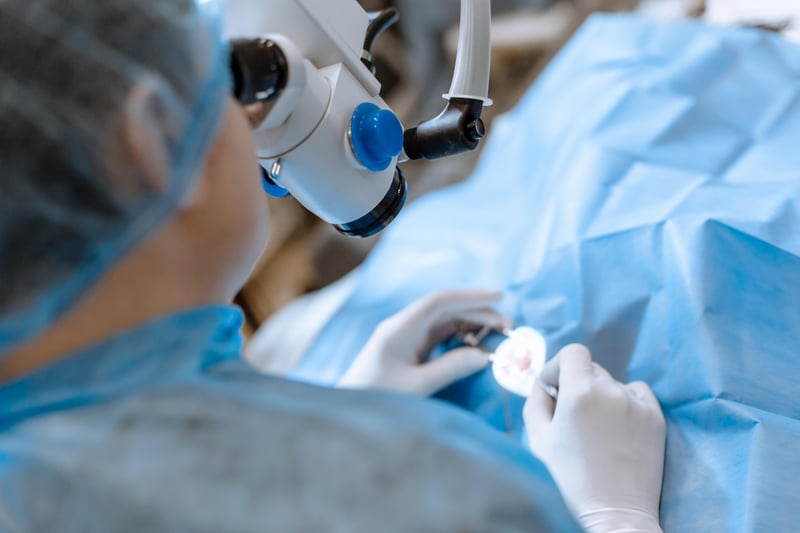Get Healthy!

- Cara Murez
- Posted March 24, 2023
Parts of Intestinal Scope Devices Can Break Off Inside Patients
A medical device used to diagnose and treat pancreatic and bile duct disease is getting attention from the U.S. Food and Drug Administration after pieces have fallen off and remained in patients' bodies.
Previously, the FDA had expressed concern about duodenoscopes because they can be difficult to clean and may spread bacteria such as E. coli from patient to patient. Duodenoscopes are flexible, lighted tubes with a camera that are threaded through the mouth down to the stomach and top of the small intestine (duodenum).
However, when hospitals switched to disposable tips to cover the camera and reduce bacteria spread, this has now resulted in new problems. Those produced by Olympus Medical Systems have fallen off in patients' mouths and stomachs, according to reports filed with the FDA.
Some have sharp edges, which has led to internal bleeding in patients, according to the New York Times.
The FDA has received about 160 complaints about the caps falling off.
That "was above the expected numbers for that type of complaint,"according to Olympus' own analysis.
The FDA sent a warning letter to the company after an inspection at the Olympus plant in Tokyo late last year found that disposable parts made for duodenoscopes and suction valves for bronchoscopes, which are used to examine the lungs, were adulterated or defective.
The agency has said the company's responses were "not adequate,"according to the Times.
"The FDA does not agree that the risk to the patient is of a low enough risk to not warrant further action at this time,"the agency said.
Olympus spokeswoman Jennifer Bannan said the company has taken measures to address the problems, and "will further evaluate these actions"and "expand those efforts."
"Olympus takes this Warning Letter very seriously,"she said in a statement emailed to the Times. "The company is working diligently to address the issues raised in the letter in a timely manner."
Duodenoscopes are used in about 500,000 procedures in the United States each year.
Among the complaints is one from May 2021, when a physician reported the soft tip cover fell off into the patient's stomach.
"It was decided to allow the tip cover to pass naturally through the GI system than to subject the patient to further anesthesia time in attempting to remove it,"the report said.
In another, a doctor noticed a patient was bleeding from the mouth after inserting the scope. After the scope was removed, the patient needed a blood transfusion and had painful swallowing for days after.
While repeating the same procedure later with an older scope that had no disposable tip, the doctor found a healing 13-centimeter-long laceration in the patient's esophagus.
While the FDA's Center for Devices and Radiological Health did not recommend canceling or postponing procedures "without discussion of the benefits and risks"with patients, the agency has noted other problems with the instruments that may indicate sterility issues. Those include wrinkles and air bubbles in the sealed packaging of single-use suction valves for bronchoscopes.
It's not clear whether hospitals and patients should use duodenoscopes with disposable components made by other companies or fully disposable duodenoscopes, the Times reported.
More information
The National Pancreas Foundation has more on pancreas disease.
SOURCE: New York Times, March 24, 2023
